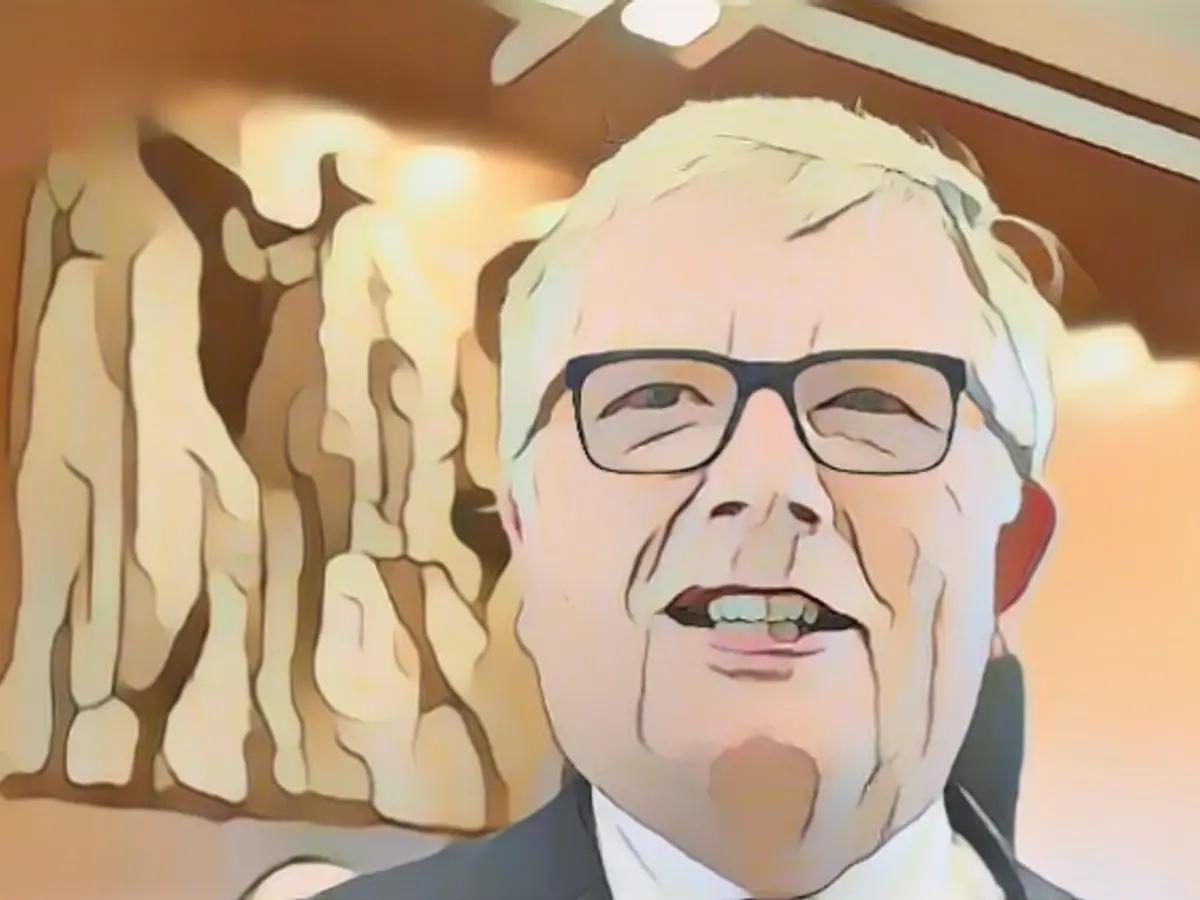Economist commits Scholz to debt brake
Almost two weeks after the ruling from Karlsruhe, the traffic lights are still struggling with the savings proposals. Former economist Wieland is demanding clear priorities from the Chancellor. His office depends on it. The economist is very harsh on the climate subsidies of the Greens.
Former economist Volker Wieland has called on the German government to increase its savings efforts and adhere to the debt brake. Now Chancellor Olaf Scholz must "swear the coalition to priorities. Incidentally, that is the purpose of the debt brake, that is why it was created," the Professor of Monetary Economics at the University of Frankfurt told the Bild newspaper. His chancellorship will probably be decided on this issue, Wieland added.
The federal government "can certainly slim down without immediately jeopardizing Germany's future, as is currently being hastily claimed for almost all federal spending items," Wieland continued. "The excessive billions in subsidies to Intel and Co. should be put to the test," demanded the former economist. "The money would be better invested in relieving the economy as a whole, as with the Growth Opportunities Act." Less money was earmarked for this than went to Intel as a subsidy. The citizen's income should be "reviewed and overhauled", he added.
"Climate policy needs to be redesigned"
Wieland was sharply critical of the German government's climate policy. This needed to be "redesigned". "The Greens in particular did not want to focus on the CO2 price, preferring instead to distribute generous subsidies to individual companies," said Wieland. This would make them popular with business leaders. But that would not work. "Without an increase in the CO2 price, the transformation will remain a permanent subsidy. In contrast, emissions certificate trading in the building and mobility sector could generate higher revenues. This could be used to pay for investments in climate-protecting technologies as well as climate money for those in need."
Instead, Ampel wants to finance this with debt that future generations will have to pay for. This is unfair because the emissions are caused by current generations and the debt will be spread across fewer shoulders in future due to the shrinking population, explained Wieland.
In mid-November, the Federal Constitutional Court declared the funding of important expenditure by the traffic light coalition via special funds in addition to the regular budget to be inadmissible. The government must therefore now present a supplementary budget for 2023 and suspend the debt brake for the fourth time in a row.
The Federal Constitutional Court's ruling has pushed Olaf Scholz to address the budget policy issues in the traffic light coalition, as the government must now present a supplementary budget for 2023. Professor Volker Wieland, a former economist and critic of the coalition's climate policy, urged Scholz to "swear the coalition to priorities," highlighting the purpose of the debt brake and its importance for his chancellorship.
Source: www.ntv.de








